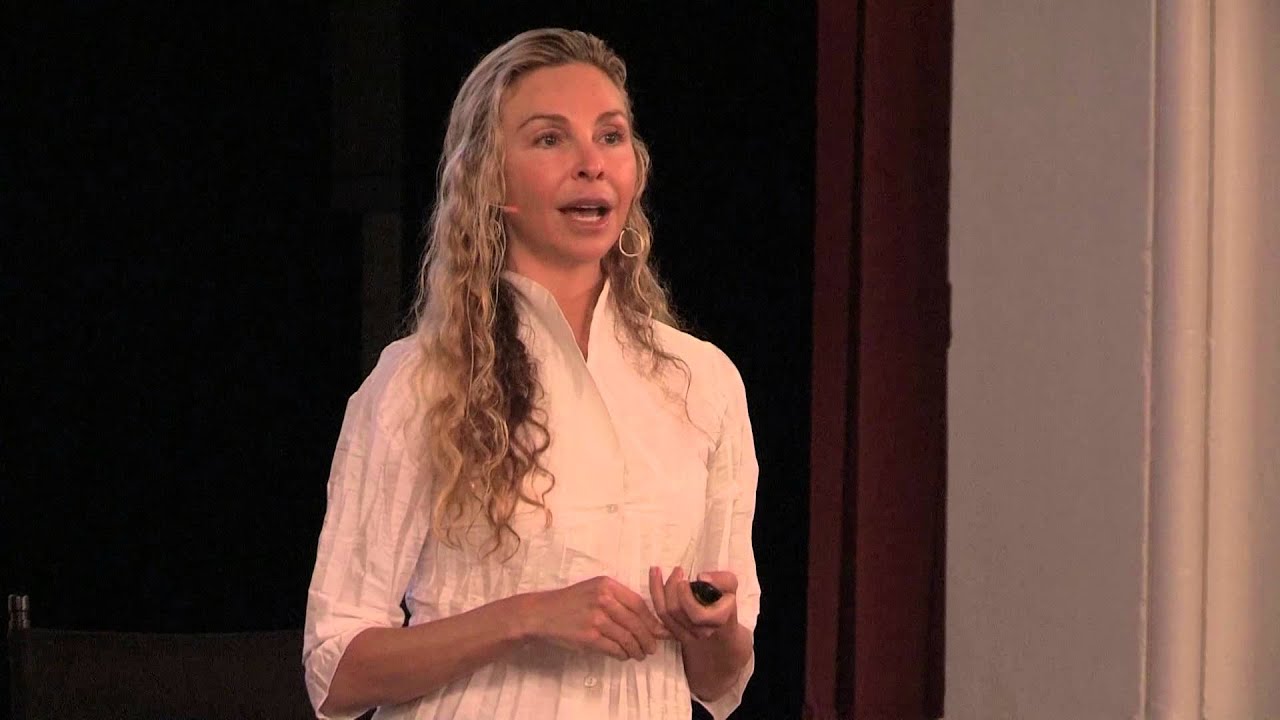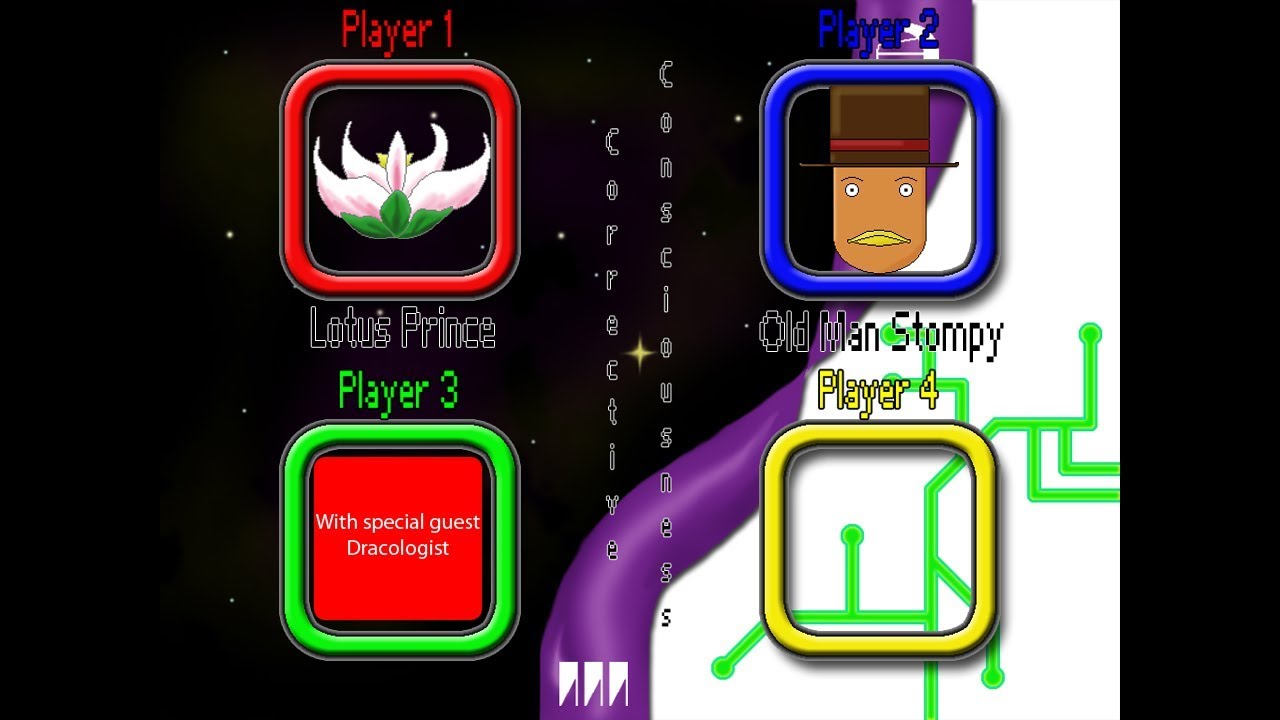Greater Good Science Center
Psychologist, researcher, and mindfulness teacher Shauna Shapiro talks about the encouraging research behind meditation and its potential to change the makeup of our brains and our level of happiness.
Source
Shauna Shapiro: Mindfulness Meditation and the Brain




And Now for a Different Explanation for Mindfulness
What you have heard in this video is an explanation of mindfulness from cognitive neuro-science, which is wrong. Here is a contrarian and far simpler one from affective neuroscience.
(the difference is that affective neuro-science focuses on mid-brain structures, NOT cortical structures, which Shaprio emphasizes) And neuro-plasticity has nothing to do with it!!!
Thinking in the present tense, or being mindful, is completely predictable, what you see is what you get. Thinking in the future tense is unpredictable, and the anticipation or experience of positive unpredicted events is by nature affective, as novelty elicits the release of the neuro-modulator dopamine in the midbrain, which is felt not as pleasure but as a feeling of attentive arousal. A characteristic of this moment to moment affect is an increase in the value or ‘utility’ of moment to moment behavior, which may or may not conform to the long-term value of behavior. Mind wandering, which is unfettered thinking about future events, may consciously or non-consciously segue into perseverative thinking, such as distraction, rumination, or regret, which are in turn difficult to escape because it is affectively compelling to continue to engage in them, even know that behavior to be in the long run irrational.
Mindfulness works because it avoids the cognitive precursors for perseverative thinking, namely thinking about future as-if events, or mind wandering. It results in a default state of pleasant relaxation, nothing else. However, because human nature eschews a cognitive vacuum, mindfulness is not an activity that can be maintain constantly. Still, as tactic for self-control, it is unparalleled in importance.
The problem with almost all research and opinion on mindfulness is that mindfulness is regarded as a purely cognitive process that is underscored by a cognitive neuroscience that scarcely admits affect. The is grist for interminable journal articles, you tube videos, and self-help seminars, when in reality an explanation from affective neuroscience (also linked below if you would like to know more) makes it easy to understand, but not requiring your investment in seminars, self-help books, or you tube videos. Sadly, it just does not pay to keep mindfulness simple, as one cannot argue with one’s paycheck.
AJ Marr (doctormezmer.com)
https://www.scribd.com/doc/284056765/The-Book-of-Rest-The-Odd-Psychology-of-Doing-Nothing
What a wonderful speaker on a great topic ?
How many bodies or skeletons have your seen Nick? Do you know what they all say?
"What was I saving my money for?" 😉
There are these meditation books that can be used for similar purposes…. Practical meditation and The way and goal of Rajyoga…. these are from 'omshantistore'.
re-wiring takes doing something different to that which is not working for us. When we get a positive result from this it shows us a a glimpse of a new path…and if we continue to do what has shown us these positive results enough it become our new wiring…its pretty simple really but it takes courage to and diligence to toss off our diseased security blankets and trust in the results…its takes dedication perseverance and diligence but i have always believed what we can make conscious we can change.
she kind of looks like Charlize Theron. big compliment btw
check out my playlist about electrifying your life. How to make your life extraordinary and create everything you have always dreamed of. How to become mindful in every instant and act upon your own life. Using ancient education to develop inward and outward.
Great presentation. I love brains, just not my own at times due to IIH but am learning how I can improve my life and others with Mindfulness. Shauna explains the processes in an accessible way and gives me hope.
Great presentation. I love brains, just not my own at times due to IIH but am learning how I can improve my life and others with Mindfulness. Shauna explains the processes in an accessible way and gives me hope.
This was a great little video on the benefits.
Basically, meditation makes you happier by changing your internal landscape, your habitual thoughts.